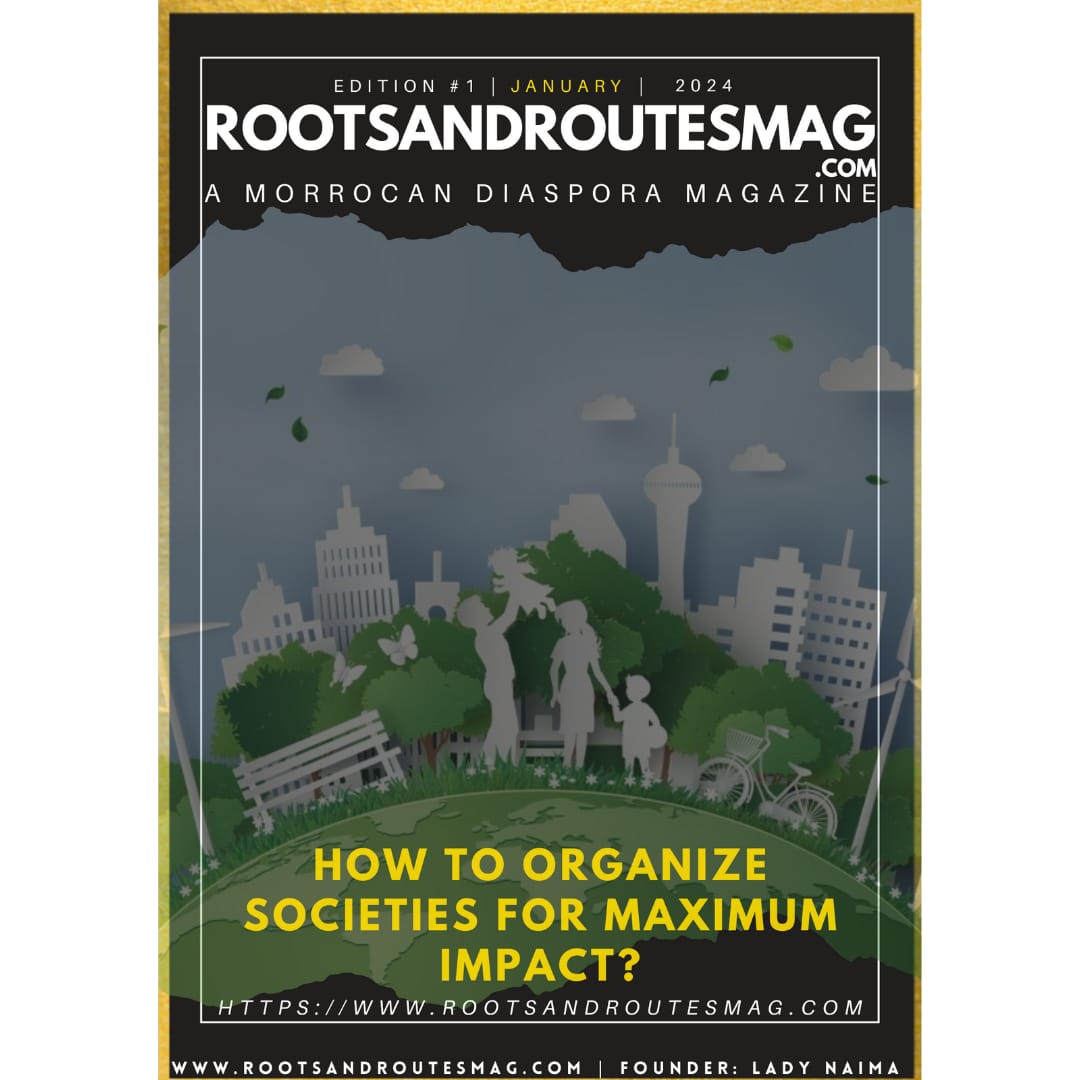How to Organize Societies for Maximum Impact?

In a rapidly changing world with complex social, economic, and environmental challenges, the need for organized, impactful societies has never been more pressing. Whether it’s addressing issues like poverty, inequality, climate change, or public health, the way societies are organized can have a significant impact on their ability to address and solve these pressing problems. In this article, we will explore strategies for organizing societies to maximize their impact and create meaningful change in the world.
- Foster Inclusivity and Diversity: One of the key elements for organizing societies for maximum impact is to foster inclusivity and embrace diversity. A society that values and respects the contributions of all its members, regardless of race, gender, religion, or socioeconomic status, is better equipped to address complex challenges. Embracing diverse perspectives and experiences allows for more comprehensive problem solving and decision making, leading to more effective and sustainable solutions.
- Empower Grassroots Initiatives: Societies can maximize their impact by empowering grassroots initiatives and community-led efforts. When individuals and local communities are able to take ownership of the issues that affect them, they can devise innovative and context-specific solutions. Supporting and investing in grassroots organizations and initiatives can lead to more responsive and impactful interventions that address the root causes of social and environmental issues.
- Promote Collaboration and Networks: Effective organization for maximum impact relies on collaboration and the formation of robust networks. Societies that encourage collaboration among non-profit organizations, government agencies, educational institutions, and businesses can pool resources, expertise, and influence to tackle challenges more effectively. Building strong networks and partnerships allows for the sharing of best practices, resources, and knowledge, ultimately amplifying impact across multiple sectors.
- Emphasize Education and Empowerment: An organized society for maximum impact places a strong emphasis on education and empowerment. By investing in education, skill development, and capacity building, societies can equip individuals with the tools and knowledge they need to contribute meaningfully to their communities. Empowered individuals are more likely to take proactive roles in societal improvement, leading to a ripple effect of positive change.
- Prioritize Long-Term Sustainability: Organizing societies for maximum impact means prioritizing long-term sustainability over short-term gains. This necessitates taking a holistic approach to societal organization, considering the environmental, economic, and social impacts of decisions. Adopting sustainable practices in governance, urban planning, resource management, and economic development can ensure that societies are resilient and equipped to address challenges for generations to come.
In conclusion, organizing societies for maximum impact requires a multi-faceted approach that prioritizes inclusivity, collaboration, education, and long-term sustainability. By fostering diverse and inclusive communities, empowering grassroots initiatives, promoting collaboration and networks, emphasizing education and empowerment, and prioritizing long-term sustainability, societies can become powerful engines of positive change. In a world facing pressing global issues, the need for well-organized and impactful societies has never been greater, and by implementing these strategies, we can work towards creating a brighter and more sustainable future for all.

Tariq Riaz is a passionate web developer and content generation expert.








